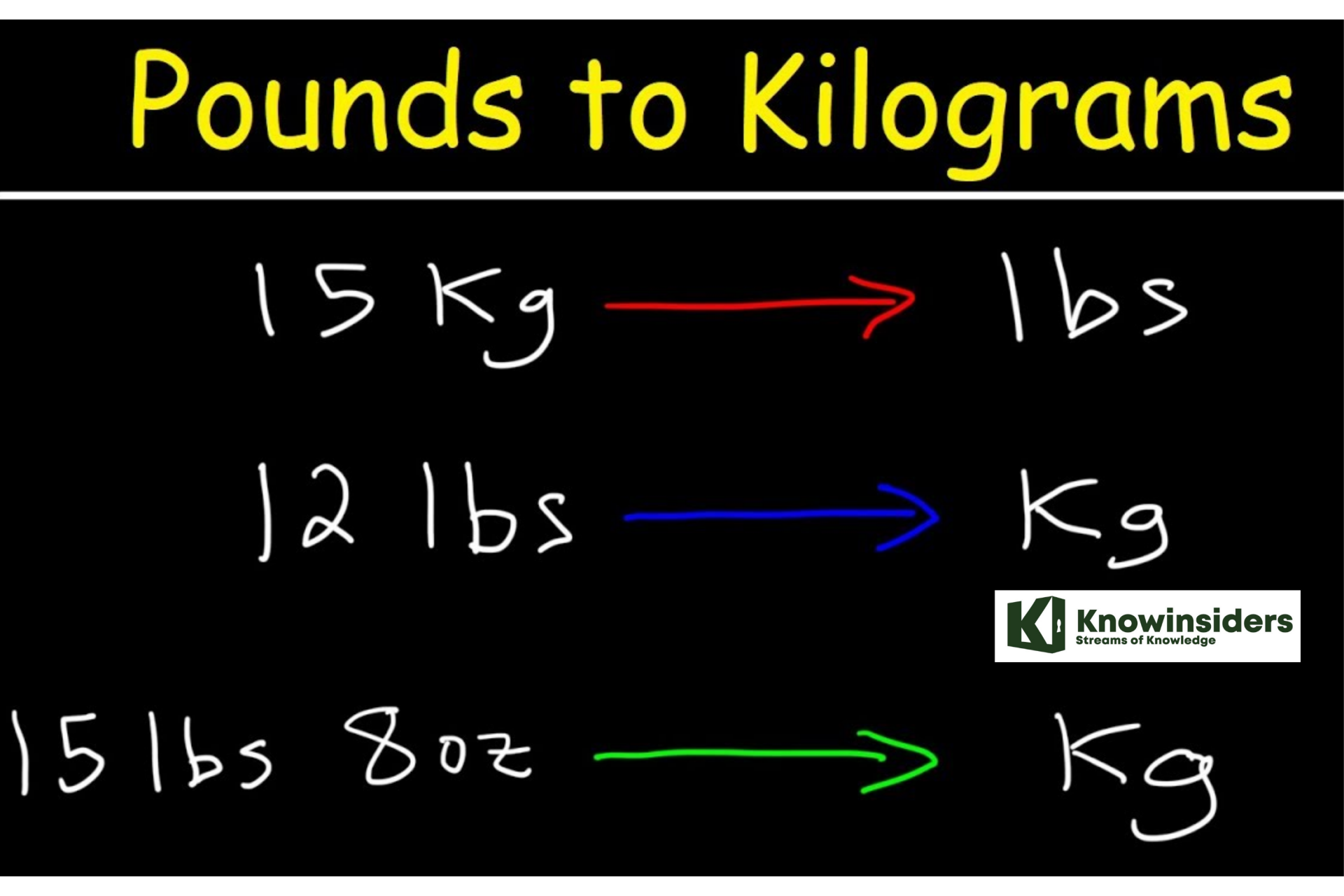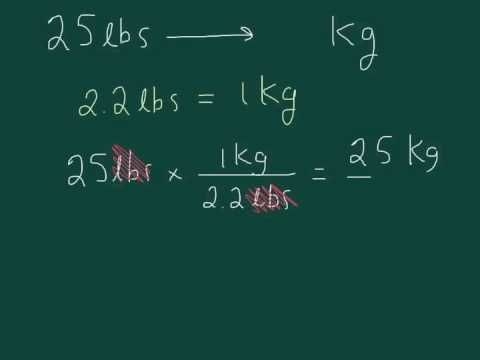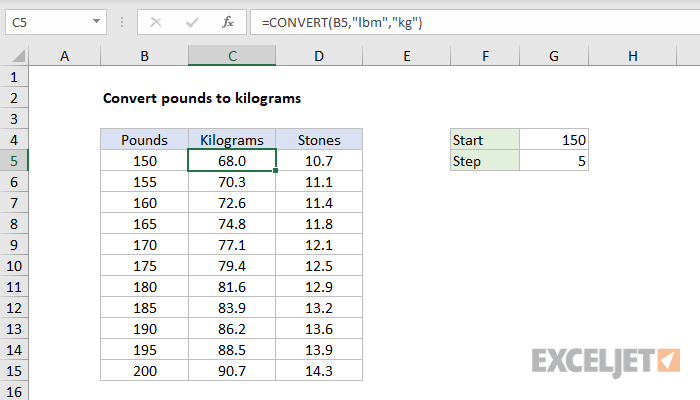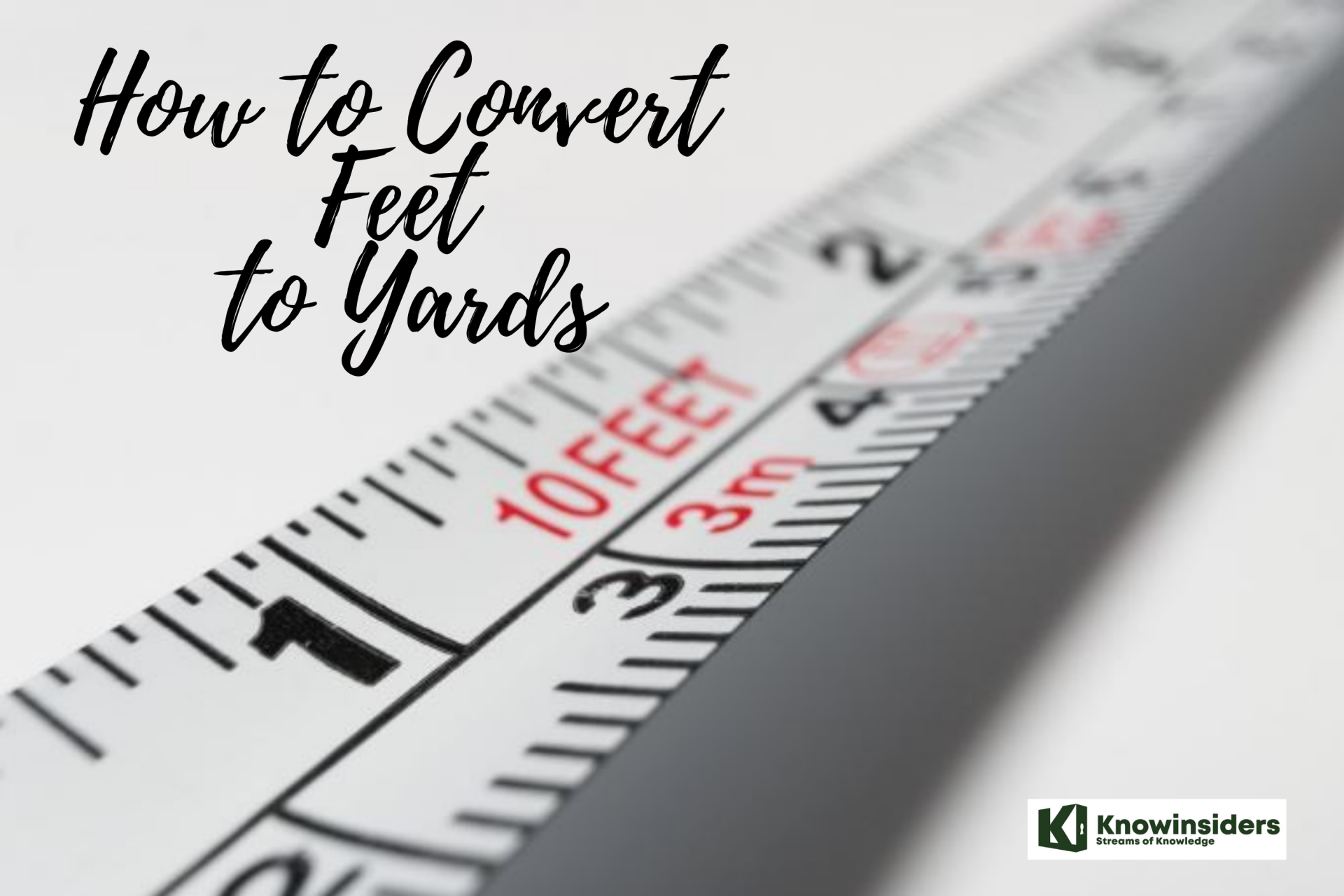How to Convert Pounds to Kilograms
 |
| Illustrated picture. Photo: Mixi's |
Kilograms and pounds are used for the measurement of mass or weight. Pounds are represented by lbs while kilograms are represented by kg. Pounds are an imperial unit that is most often used in America, while kilograms are a metric unit that is commonly used in European countries.
What is a Kilogram?
Definition: A kilogram (symbol: kg) is the base unit of mass in the International System of Units (SI). It is currently defined based on the fixed numerical value of the Planck constant, h, which is equal to 6.62607015 × 10-34 in the units of J·s, or kg·m2·s-1. The meter and the second are defined in terms of c, the speed of light, and cesium frequency, ΔνCs. Even though the definition of the kilogram was changed in 2019, the actual size of the unit remained the same. The changes were intended to improve the definitions of SI base units, not to actually change how the units are used throughout the world.
History/origin: The name kilogram was derived from the French "kilogramme," which in turn came from adding Greek terminology meaning "a thousand," before the Late Latin term "gramma" meaning "a small weight."
Unlike the other SI base units, the kilogram is the only SI base unit with an SI prefix. SI is a system based on the meter-kilogram-second system of units rather than a centimeter-gram-second system. This is at least in part due to the inconsistencies and lack of coherence that can arise through use of centimeter-gram-second systems, such as those between the systems of electrostatic and electromagnetic units.
The kilogram was originally defined as the mass of one liter of water at its freezing point in 1794, but was eventually re-defined, since measuring the mass of a volume of water was imprecise and cumbersome.
A new definition of the kilogram was introduced in 2019 based on Planck's constant and changes to the definition of the second. Prior to the current definition, the kilogram was defined as being equal to the mass of a physical prototype, a cylinder made of a platinum-iridium alloy, which was an imperfect measure. This is evidenced by the fact that the mass of the original prototype for the kilogram now weighs 50 micrograms less than other copies of the standard kilogram.
Current use: As a base unit of SI, the kilogram is used globally in nearly all fields and applications, with the exception of countries like the United States, where the kilogram is used in many areas, at least to some extent (such as science, industry, government, and the military) but typically not in everyday applications.
What is a Pound?
Definition: A pound (symbol: lb) is a unit of mass used in the imperial and US customary systems of measurement. The international avoirdupois pound (the common pound used today) is defined as exactly 0.45359237 kilograms. The avoirdupois pound is equivalent to 16 avoirdupois ounces.
History/origin: The pound descended from the Roman libra, and numerous different definitions of the pound were used throughout history prior to the international avoirdupois pound that is widely used today. The avoirdupois system is a system that was commonly used in the 13th century. It was updated to its current form in 1959. It is a system that was based on a physical standardized pound that used a prototype weight. This prototype weight could be divided into 16 ounces, a number that had three even divisors (8, 4, 2). This convenience could be the reason that the system was more popular than other systems of the time that used 10, 12, or 15 subdivisions.
Current use: The pound as a unit of weight is widely used in the United States, often for measuring body weight. Many versions of the pound existed in the past in the United Kingdom (UK), and although the UK largely uses the International System of Units, pounds are still used within certain contexts, such as labelling of packaged foods (by law the metric values must also be displayed). The UK also often uses both pounds and stones when describing body weight, where a stone is comprised of 14 pounds.
Why Convert Weight from Kilograms to Pounds?
The United States of America uses the customary units of measurement. Similarly, in the UK the Imperial units are used. The Imperial or USA customary unit for the measurement of weight (or mass) is a pound. If you have some weight figures in kilograms; and you need the same figures in equivalent pounds, you can use this converter.
Pounds to Kilograms formula
 |
| Photo: Pinterest |
kg = lb/2.2046
How to Convert Pounds to Kilograms
Best Ways Convert Pounds to Kilograms - Method 1: Making the Conversion
1. Divide the number of pounds by 2.2046 to get the standard equation:“ You can easily convert the number of pounds by just dividing the number by 2.2046, and you will get the same weight in kilogram. For example, if you want to convert 50 pounds to kilograms, then you have to divide 50 by 2.2046, which equals 22.67985 kg. However, to convert 200 pounds to kilograms, you have to divide 200 by 2.2046, which is equal to 90.71940 kg.
2. Multiply the number of pounds by 0.454 to get the standard equation. If you are a person who finds multiplication easier than the division, then you can use a different conversion factor to convert pounds to kilograms. It is pretty helpful for people who find multiplication easy. For instance, to convert 100 pounds to kilograms, what you have to do is multiply 100 by 0.454, which is equal to 45.4 kg.
4. Round figure your answer to the hundredths place:“ In most of the conversions, you would not need to use more than three numbers after the decimal point in your convert figure. So, if your convert figure is 22.67985 than you have to round that figure to 22.68. Take another example to understand this conversion better. The round value of 90.71940 is 90.72.
An important point you shouldn't miss is that you must not round the number of pounds before you convert pounds to kilograms.
Best Ways Convert Pounds to Kilograms - Method 2: Converting to a Pounds and Ounces Measurement
Step 1: Convert kilograms to pounds to get a decimal answer. There are many ways to represent pounds when you're not dealing with a whole number. Two common examples are decimals (i.e., 6.5 pounds) and fractions (i.e., 6 1/2 pounds). Another way to do this is with ounces. There are 16 ounces in a pound,[4] so a pound-and-ounces measurement of, for instance, 6 pounds 8 ounces is like saying 6 8/16 pounds (or 6 1/2 pounds).
To convert kilograms into this sort of pound and ounces measurement, start by doing the standard decimal conversion above. For instance, if you want to convert 7 kilograms to pounds and ounces, start by multiplying 7 × 2.2 = 15.4 pounds
Step 2: Divide the decimal digits by 0.0625. As mentioned above, one ounce is 1/16 of a pound. This is equal to 0.0625 pounds.[5] If you divide the numbers in your answer to the right of the decimal place by 0.0625, the answer you get will be the number of ounces.
For example, if you want to figure out how to write your 15.4 pound answer above to pounds and ounces, you would get your number of ounces by dividing 0.4/0.0625 = 6.4. This means that the "0.4" in "15.4 pounds" is equal to 6.4 ounces.
Step 3: Write your answer in the form "x pounds, y ounces." Once you know the number of pounds and ounces you're dealing with, getting your final answer is as easy as combining them. Write your answer by listing your number of pounds first, then ounces. For example: 10 pounds, 3 ounces.
In the example problem, we have 15 pounds (from our original 15.4 pound measurement). We now know that the 0.4 decimal is equal to 6.4 ounces. This means our final measurement is 15 pounds, 6.4 ounces.
Step 4: Work backwards to get back to kilograms. Getting from pounds and ounces back to kilograms requires two things. First, you need to convert your ounces back to pounds by multiplying them by 0.0625. Then, you need to convert your pounds back to kilograms by dividing by 2.2 (or whatever other value you used).
In the example problem, you would convert back to kilograms like this:
Start with 15 pounds, 6.4 ounces.
Multiply 6.4 × 0.0625 = 0.4 pounds
Add this to 15 to get 15.4 pounds.
Divide 15.4/2.2 to get 7 kilograms.
Convert pounds to kilograms on Excel
 |
| Photo: exceljet |
Generic formula
=CONVERT(A1,"lbm","kg")
Summary
To build a simple table to convert pounds into kilograms (and stones!) you can use the CONVERT function. In the example shown, the formula in C5, copied down, is:
=CONVERT(B5,"lbm","kg")
Explanation
This formula relies on the CONVERT function, which can convert a number in one measurement system to another. To perform the conversion, CONVERT relies on "from" and "to" units entered as text. As long as the units specify valid options, CONVERT will automatically perform a conversion and return a numeric result.
To convert pounds to kilograms, the formula used is in C5, copied down, is:
=CONVERT(B5,"lbm","kg")
Note: CONVERT is case-sensitive, so the text values used for units must match exactly.
Results will update automatically when values in column B change.
Quick conversion chart of pounds to kg1 pounds to kg = 0.45359 kg 5 pounds to kg = 2.26796 kg 10 pounds to kg = 4.53592 kg 20 pounds to kg = 9.07185 kg 30 pounds to kg = 13.60777 kg 40 pounds to kg = 18.14369 kg 50 pounds to kg = 22.67962 kg 75 pounds to kg = 34.01943 kg 100 pounds to kg = 45.35924 kg |
In this video, you will see how to easily convert Pounds to Kilograms:
For more interesting news of KnowInsiders, check out right below!
 How to Convert Excel To PDF: Simple Steps to Change How to Convert Excel To PDF: Simple Steps to Change Check out best ways to convert Excel to PDF in a few minutes. Quick and Easy to Change! |
 How To Convert Excel To Word and Word to Excel: Simple Ways to Change How To Convert Excel To Word and Word to Excel: Simple Ways to Change With Excel's spreadsheet power and Word's processing magic, they're a power duo for creating projects. Check out best ways to convert Excel spreadsheets to Word ... |
 10 Best Ways to Remove Your Tattoos 10 Best Ways to Remove Your Tattoos Check out 10 best ways to remove tattoos for those who don't want to keep your tattoos. |


























